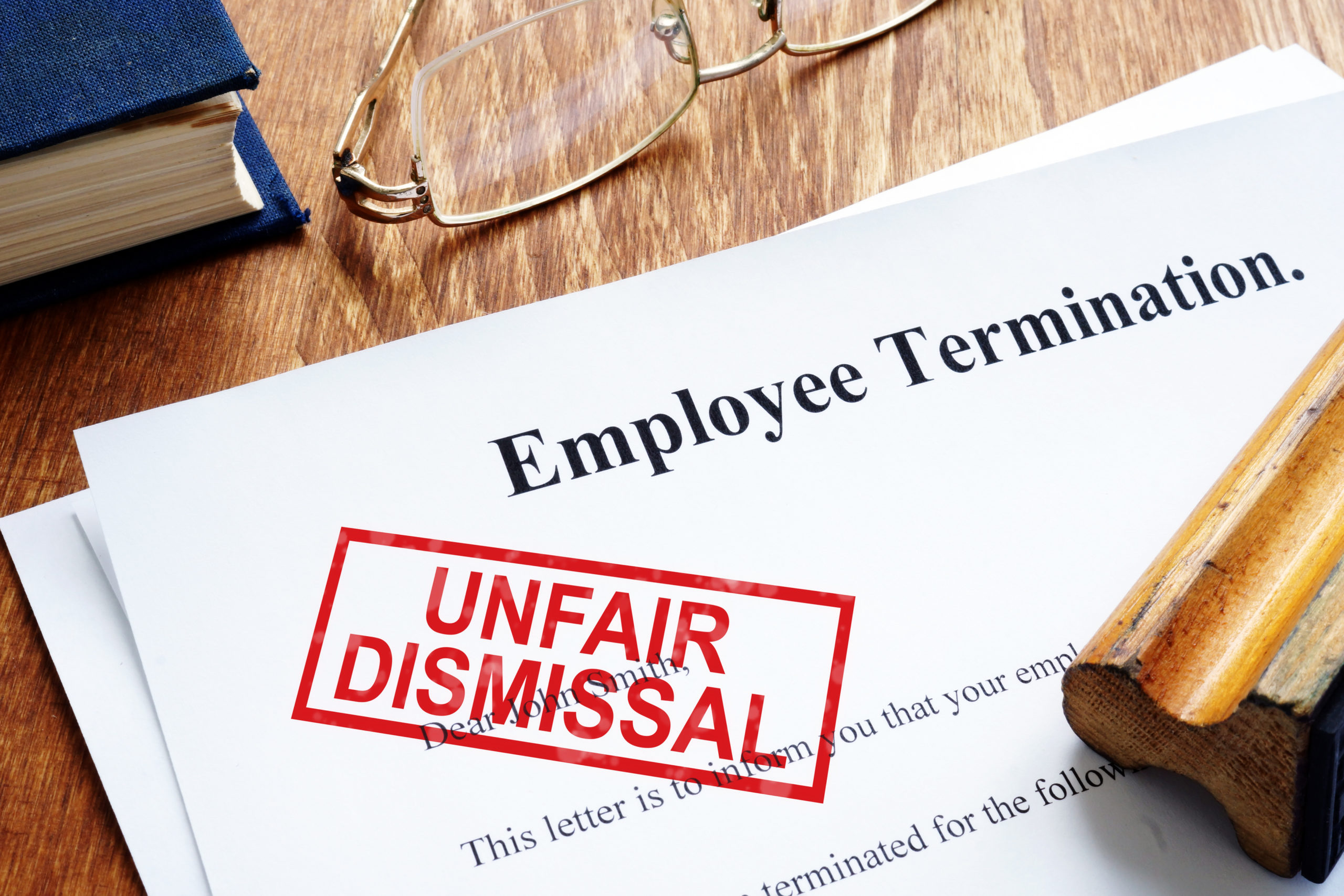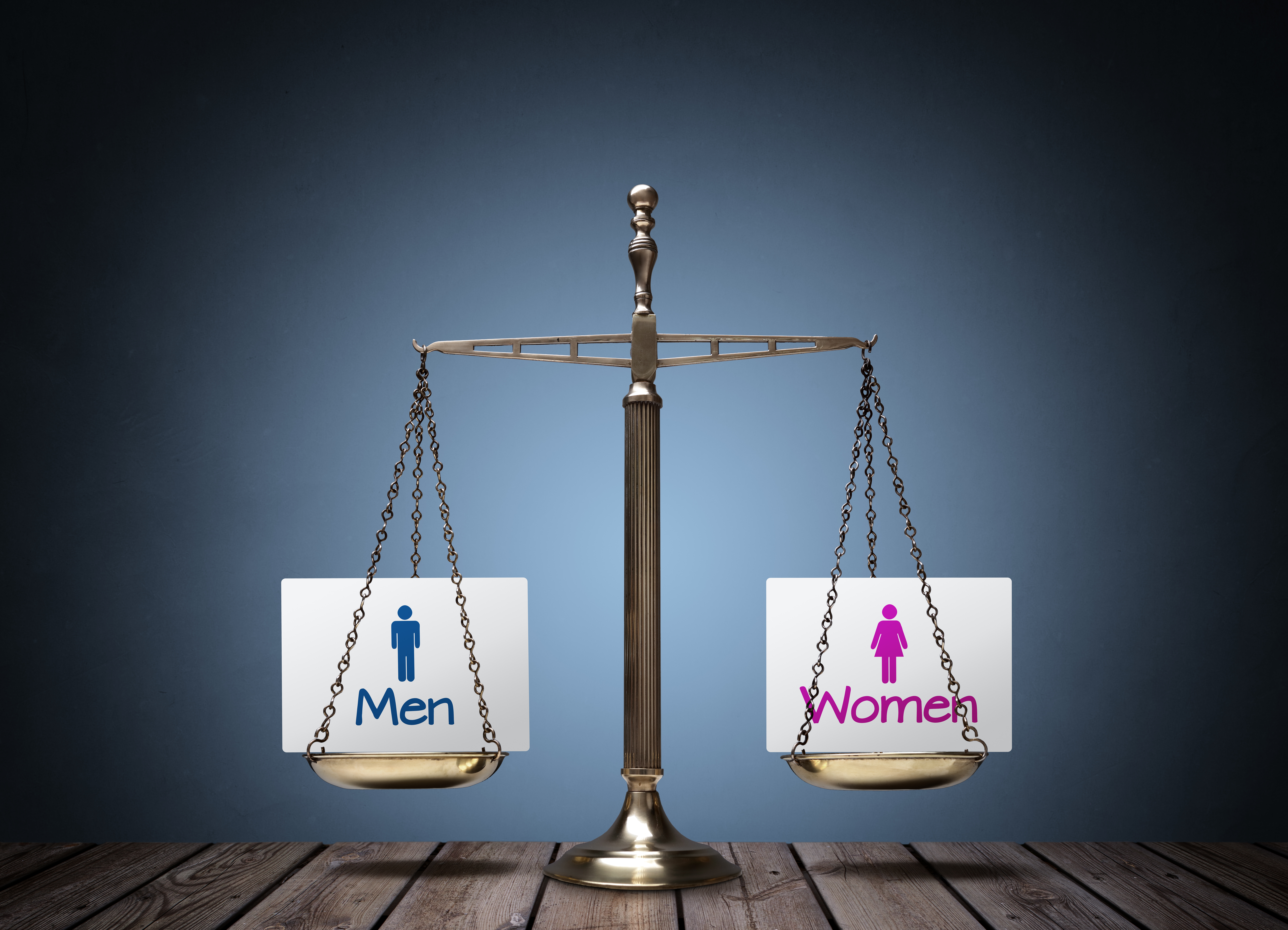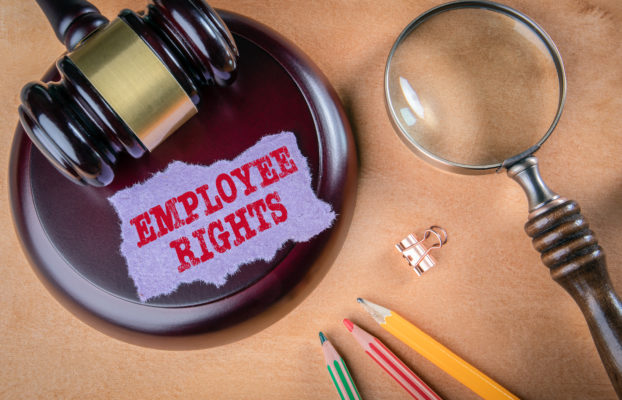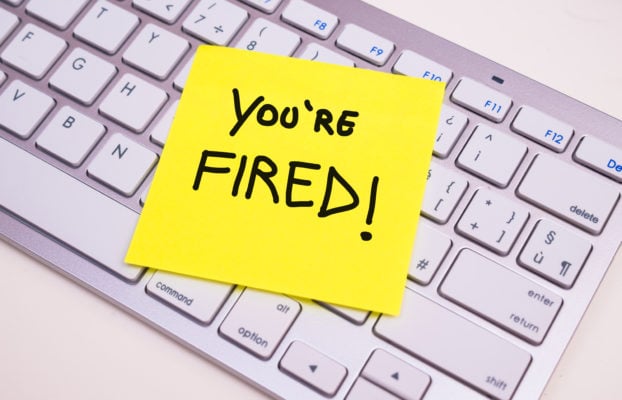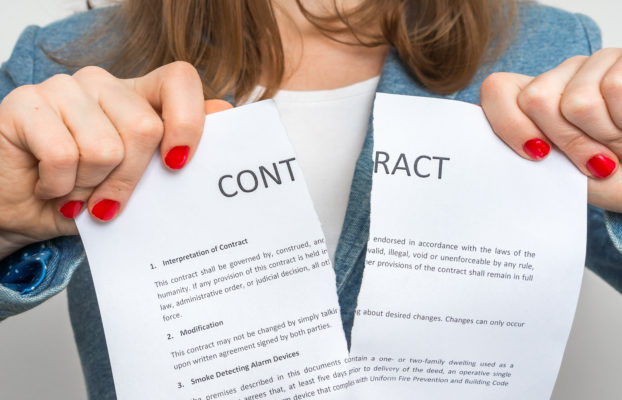Fight Back & Defend Your Rights Against Vengeful Bosses Employers. Vindictive HR Criminal Corporations
Pay Us Nothing Unless We Win Your Wrongful Termination Case.
Calling Out Illegal Conduct
Warning About Unsafe Conditions
Punished For Private Beliefs
Have You Been Wrongfully Terminated?
It is one of life’s expected events, but not as certain as paying taxes and watching politicians stumble over a pandemic relief bill. Some of us actually work an entire career without receiving a kick in the rear that pushes us out of our employer’s front door. However, most of us know how it feels to have an employer utter the two worst words to hear in the workplace.
“You’re fired!”
We keep our heads up, keep our shoulders straight, and march out the front door to find another job. Forget the past, we are told by gurus such as Dr. Phil and Dr. Oz. Nonetheless, what if your employer committed an act of wrongful termination? Does California employment law protect you against getting fired for the wrong reason?
Let’s answer five common questions that concern wrongful termination before we dive deeper into this employment law topic.
How to Prove Workplace Retaliation
Workers that believe their employers have retaliated against them in the workplace have to prove the allegation by invoking the class cause and effect relationship. For example, a worker that complains to the DFEH about acts of discrimination in the workplace might cause the worker’s employer to retaliate against the worker. The effect can be the development of wrongful constructive termination because the employer’s retaliation made it unbearable for the employee to continue working for the employer.
Because of the at-will employment arrangement most California employers follow, the lack of an employment contract might make it difficult to prove employee retaliation. However, you should know that every worker in California is protected from workplace retaliation under state labor laws, as well as the federal Whistleblower Protection Act.
Legal Grounds to File a Wrongful Termination Lawsuit
Although California is an at-will employment state, employers can run afoul of one or more of the California laws that protect workers against acts of illegal firings. Consulting with a California employment attorney can help you determine whether your employer illegally fired you for one or more of the following reasons.
Just because a large majority of California workers establish at-will employment arrangements with their employers, it does not mean that you might not qualify for one of the exceptions to at-will employment.
- Violation of an employment contract that states an employer cannot fire an employee without good cause
- Breach by employer of an implied contract of fair dealing and good faith
- Violation of public policy
- Fraud
Violation of public policy can include firing a worker because the employee refused to break a law or the employee performed a civic duty. Public policy violations represent the most effective way to argue an exception to an at-will employment arrangement.
An employer breach of an implied contract is a difficult claim to prove since implied refers to not having an agreement in writing. However, an employer can imply a contract of fair dealing and good faith by presenting the reasons for termination in the employee handbook.
Near the top of the list for the most types of civil lawsuit filings for wrongful termination sits “whistleblower retaliation.” As a type of employee retaliation, whistleblower retaliation involves an employer firing a worker because the employee reported a workplace violation to a government and/or law enforcement agency.
As the primary legal protection against whistleblower retaliation California Labor Code 1102.5LC states no employer has the legal right to fire an employee for reporting a suspected violation of a state and/or federal law. California law whistleblower retaliation protections also apply to employees that report workplace violations to their supervisors or another employee who has the authority to correct or at least conduct an investigation into the suspected violation.
A federal law called the Sarbanes-Oxley Act of 2002 grants employees that work for publicly traded companies the right to file a civil lawsuit for wrongful termination if their employers fired then for reporting securities fraud to the Securities and Exchange Commission (SEC). The Sarbanes-Oxley Act of 2002 passed the United States Congress with the intent to protect investors against accounting fraud and misrepresentation.
Enacted in 1959, the California Fair Employment and Housing Act represents the state’s most influential law that protects workers against harassment and acts of discrimination. The FEHA also prohibits employers from retaliating against employees that oppose discrimination or harassment in the workplace, file a complaint about discrimination or harassment, or provide testimony for an investigation or as a witness in a civil lawsuit.
Proving an employer violated the FEHA requires compelling evidence and more than one witness account that describes an act of discrimination or harassment in the workplace.
“Wrongful constructive termination” allows an employee to file a lawsuit for wrongful termination against an employer even if the employer did not fire the employee. The term protects employees that face incredibly intolerable working conditions that force employees to resign. Employees that face incredibly intolerable working conditions should contact a California employment attorney to determine the best course of action.
California employee retaliation law protects workers against any backlash coming from an employer because of a worker’s political beliefs and actions. Although the First Amendment to the United States Constitution does not apply to the termination actions taken by private employers, California employment statutes state that employers cannot influence in any way the political speech and actions of employees.
Workers in California have the legal right to sue employers that terminate them because they joined a union and/or participated in union-sanctioned political events.
Workers in California have a strong case if an employer violates the Worker Retraining and Notification Act (WARN). The WARN requires private employers to give workers 60 days of notice before implementing a mass layoff plan. Employers must also provide workers with 60 days of notice for closing or relocating a facility. The WARN act applies to mass layoffs of at least 50 employees for employers that have a minimum of 75 employees on the payroll.
FAQs for Wrongful Termination Laws in California
If you feel that your employer wrongfully terminated you, the first item on your to-do list should be to speak with a California-licensed Employment Lawyer, who specializes in Wrongful Termination. When you meet with your attorney for the first time, you already have the answers to five frequently asked questions.
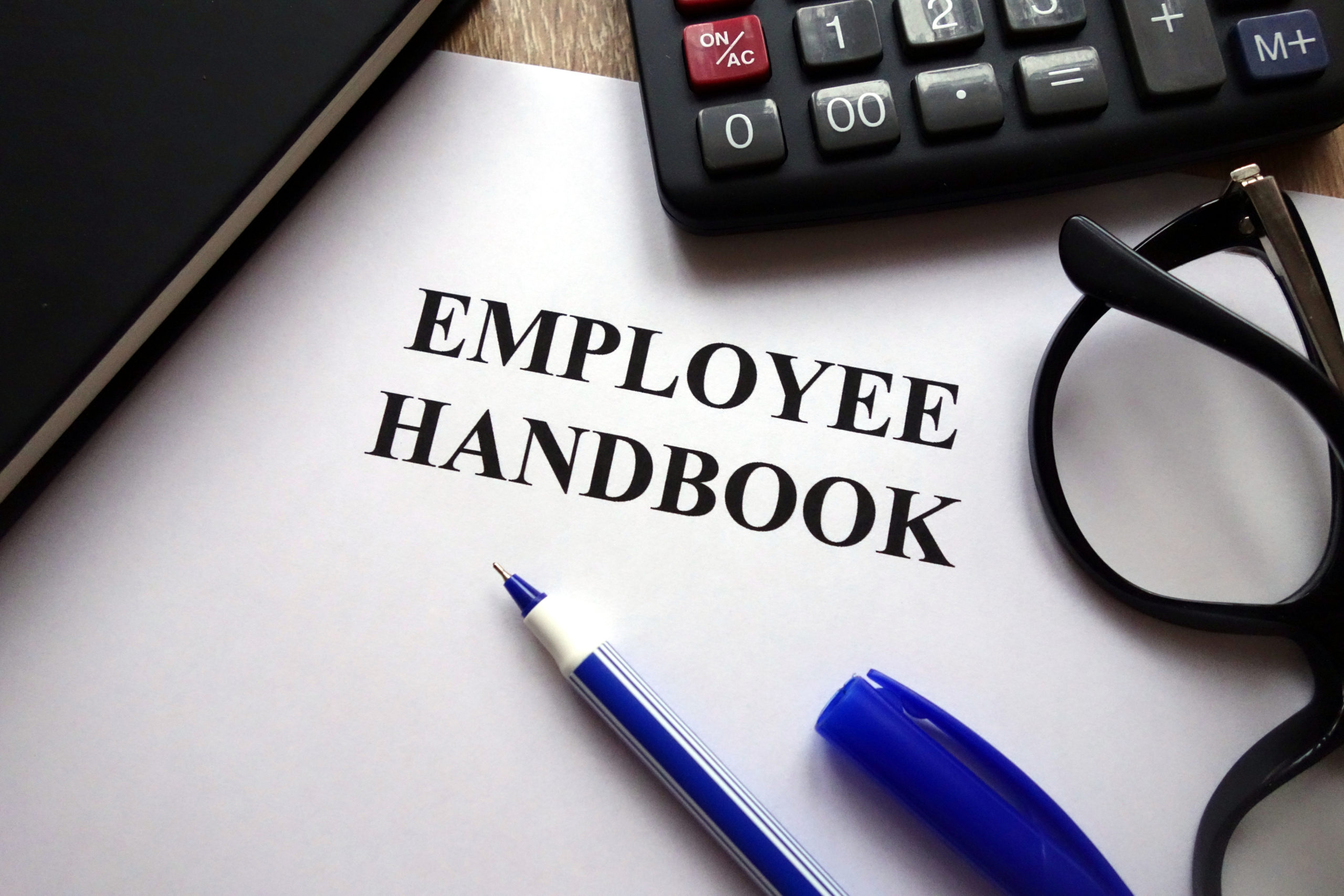




Read What Our Clients Have to Say....
Very Honest and Fair Lawyer For Business Matters. We have been working with John Miser for the past few years. He is a very honest, hard working and caring lawyer. He helps us deal with many of our business issues. If your looking for a great lawyer to help you with business matters John is your guy.
Rose Vitale
Learn More About Wrongful Termination Laws...
We love sharing our knowledge to help educate others.
Schedule a Free Case Evaluation with a Wrongful Termination Lawyer
If you feel your employer wrongfully terminated you and/or has committed at least one act of workplace retaliation, you should act with a sense of urgency by scheduling a free case evaluation with an experienced employment attorney. Although you have two years to file a wrongful termination lawsuit against your employer, it is important to file the proper paperwork as soon as possible to ensure you get the most reliable witness accounts of what transpired in the workplace.
Most employment lawyers that handle wrongful termination lawsuits work on a contingency basis. This means your attorney gets paid when you get paid.

